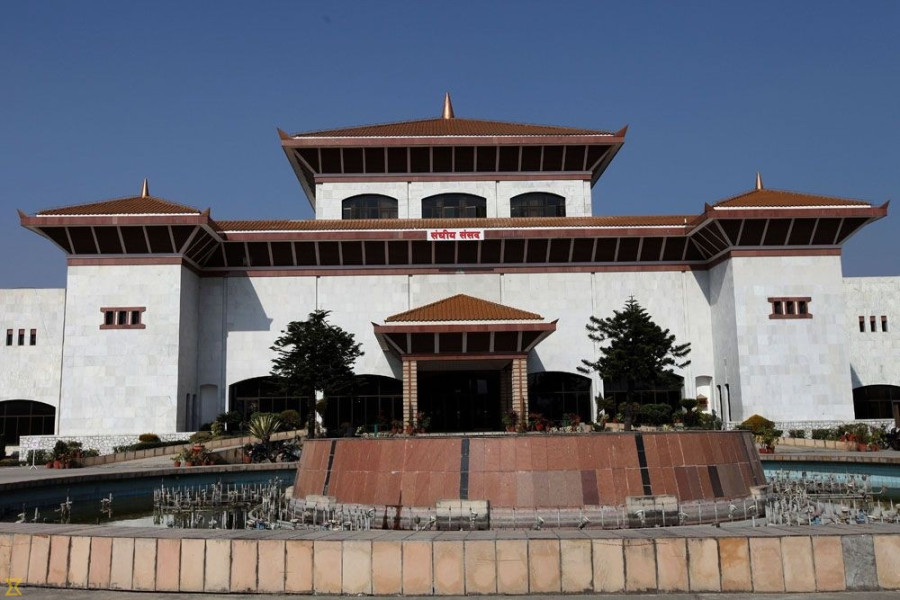National
With Deputy Speaker powerless, crucial bills get further delayed
There is ambiguity over whether Deputy Speaker can chair the first House meet in Speaker’s absence.
Binod Ghimire
Five crucial bills that have been awaiting authentication for over two months in Parliament may not be certified anytime soon, as the deputy speaker, in the absence of a Speaker, does not have the authority to certify them.
The House of Representatives had endorsed the bill for the adjustment of Nepal Police into provincial police, the bill that defines the jurisdiction of the Nepal Police and the provincial police; the national identity card bill; and the bill to amend the Land Act, among others, before its prorogation on September 19. Weeks later, Speaker Krishna Bahadur Mahara resigned after being accused of attempted rape, without certifying the bills for authentication by the President’s Office.
In the Speaker’s absence, Shiva Maya Tumbahangphe, the deputy speaker, has attempted to get the go-ahead from the chairpersons of various parliamentary committees to perform the Speaker’s duties in his absence. Though Article 91 (4) of the Constitution of Nepal authorises the deputy speaker to chair the House in the absence of the Speaker, Article 113 complicates matters with its vague wording on whether the deputy can certify bills that will be presented to the President.
Article 113 of the statute says a bill due to be submitted to the President shall be presented by the Speaker or the chairperson of the House in which the bill originated, after it has been certified by him or her. Without clarity on her duties, Tumbahangphe has been unable to take action.
There is also a dispute over whether Tumbahangphe can chair the first meeting of the House. Though the constitution says that the deputy speaker can chair the meeting of the House in the absence of the Speaker, the regulation of the House of Representatives, however, makes the Speaker’s presence mandatory to begin and close meetings.
“The Speaker shall announce the beginning and closure of every meeting of the House of Representatives,” reads rule 6 of the regulations.
Gopal Nath Yogi, secretary at the Parliament Secretariat, said that the government is likely to recommend commencement of the winter session of Parliament by mid-December. The President, on the recommendation of the Cabinet, calls and ends parliamentary sessions.
“As the constitution is the supreme law, there shouldn’t be any problem for Tumbahangphe to chair the meetings of the Lower House,” said Radheshyam Adhikari, a member of the National Assembly from the Nepali Congress who is also a legal expert.
While officials at the parliament secretariat agree that the constitution is the supreme law, they say the parliamentary regulations, which set the legal framework for the House proceedings, cannot be ignored.
“There is a legal dilemma that needs to be sorted out,” a senior officer at the secretariat told the Post on condition of anonymity. Questions can be raised citing the regulations if Tumbahangphe chairs meetings, he said.
An aide to the deputy speaker said that Tumbahangphe won’t be taking any decisions that might drag her into controversy.
“She would rather quit before the House session begins if the legal confusion continues,” the aide said on condition of anonymity as he wasn’t allowed to speak to the media.




 18.12°C Kathmandu
18.12°C Kathmandu














